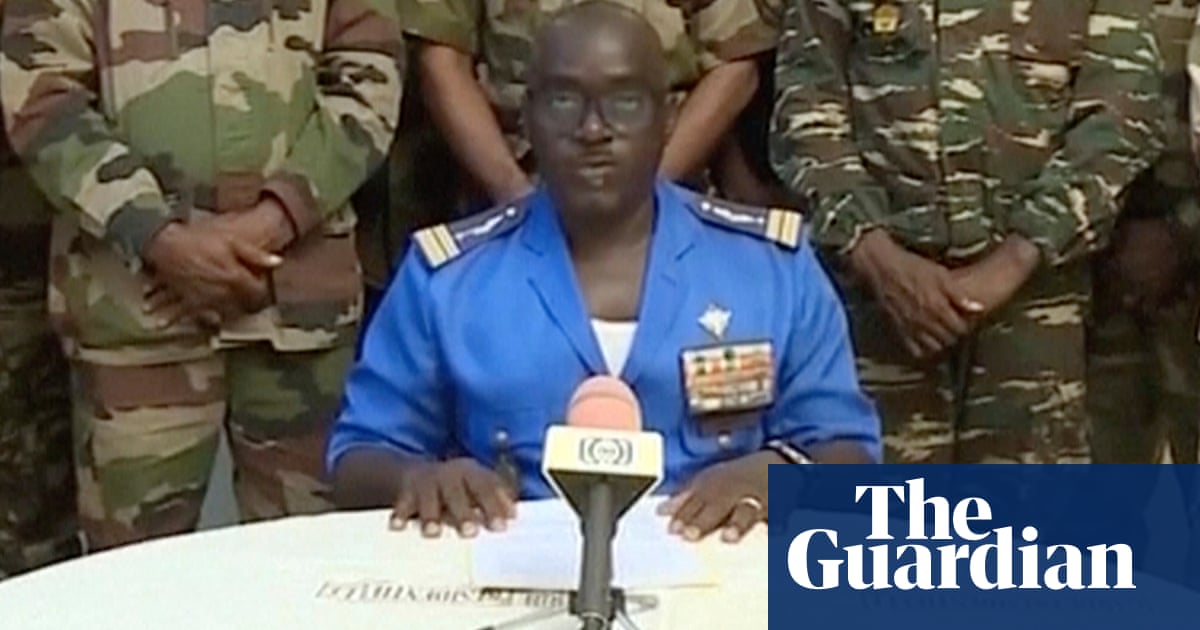
Cautions against extending support for Washington after foreign troops’ exit
KABUL: The Taliban on Wednesday urged Afghanistan’s neighbors not to make what would be an “historic mistake” by hosting US military bases.
The militant group warned that such a move would provide America with the ability to launch attacks on Kabul after its troops had withdrawn from the war-torn country by Sept. 11.
In a statement, the Taliban said: “We are asking neighboring countries not to provide such an opportunity or allow such a move. If, God forbid, still someone allows this, this will be a historic mistake and ignominy.”
It described the presence of US-led foreign forces in Afghanistan as the “fundamental reason for regional insecurity and war,” adding that the group would “not remain silent against such a heinous and provocative act.”
Nearly 20 years after the Taliban’s Islamist government was toppled in an American-fronted invasion in 2001, the group reiterated that it would “continue to perform its historical duty as it has during history,” noting that ordinary Afghans were the “main victims of the occupation.”
The charged Taliban statement followed recent comments by the US military revealing that Washington was in talks with a number of Kabul’s neighbors over the stationing of its troops for counterterrorism operations in Afghanistan.
With the future of Afghan President Ashraf Ghani’s government uncertain after the departure of foreign troops from the country, some US officials believe that the Taliban will use the situation to attempt to regain power by force.
However, the group said it had “repeatedly assured the world” of its commitment “not to allow any side to use Afghanistan for attacks against any country.”
The statement added: “(Our) demand (is for) others not to allow their soil and airspace (to be used) against our country, and if such a step is taken, the responsibility of any problem and its outcome will lie on those who commit such a mistake.”
Over the past two decades, several countries, including Pakistan, Uzbekistan, and Kyrgyzstan, have allowed Washington to use their airspace and ground routes for attacks against the Taliban and the shipment of equipment and weapons to Afghanistan, in return for cash.
HIGHLIGHT
The militant group warned that such a move would provide America with the ability to launch attacks on Kabul after its troops had withdrawn from the war-torn country by Sept. 11.
After the Soviet Union’s invasion of Afghanistan in December 1979, the US began to view Pakistan as a frontline state in its efforts to stop Soviet expansionism.
In September 1981, former US President Ronald Reagan’s administration signed a five-year, $3.2 billion economic and military aid package with Islamabad, for Pakistan to become the main route for arms and supplies for the Afghan resistance.
In recent years, the US military has renewed its focus on Pakistan after Uzbekistan and Kyrgyzstan backed out of the campaign.
Pakistan recently said it would avoid supporting Washington in the initiative, forcing the US to rethink its Afghan approach. Islamabad’s decision came after a Pentagon official claimed that Pakistan had allowed the US to use its airspace and ground routes.
Speculation on Pakistan’s involvement with the American campaign has grown since Gen. Kenneth McKenzie Jr., commander of the US Central Command, told the US Senate that a fraction of troops would remain “stationed nearby Afghanistan” following the September withdrawal.
US President Joe Biden’s administration has said it was in talks with “several Central Asian neighbors of Afghanistan” to survey where it could reposition troops to prevent landlocked Afghanistan from once again becoming a militant hub.
However, Washington did not explicitly name Pakistan — which shares a border of nearly 2,600 kilometers with Afghanistan — as a potential partner in the initiative.
Pakistan has been closely engaged with Washington in Afghan initiatives and supported the signing of an agreement between the US and the Taliban in Doha, Qatar, more than a year ago, which eventually led to the intra-Afghan peace talks.
However, its role in the Afghan peace process has been controversial, with several experts accusing Islamabad of supporting the Taliban while also allowing the US to use its territory for the Afghan war.
At the same time, Pakistan – similar to China, Iran, and Russia – has opposed the presence of American troops in its neighborhood.
Canada-based Afghan expert, Said Azam, told Arab News that the need for an extended presence of US troops was a “complex issue” that had become “a new riddle for people of the region.”
He said: “It is a very complicated subject; if the situation in Afghanistan is so acute that it needs intervention by US troops, then why are they closing their bases in Afghanistan but opening in neighboring countries?”
Azam noted that neighboring countries thinking of hosting US military bases needed to take their “domestic, economic, and social fabric into consideration.”
He added: “It will be very costly and risky for Islamabad to embrace Washington further as it will anger the Taliban, Iran, and specifically China which has invested tens of billions in Pakistan.”
Wahidullah Ghazikhail, a Kabul-based political analyst, told Arab News that the region was of “high importance for the US” and that Washington would “not abandon it” to arch-economic rival China which would further “consolidate its grip if and when the US totally departs from the region.”
He pointed out the possible impact of a US deal on Islamabad’s ties with Beijing, particularly on the China Pakistan Economic Corridor (CPEC), a multibillion-dollar infrastructure project central to China’s broader Belt and Road Initiative.
“We are witnessing an economic war in the world now. America is not happy with China’s investment in Pakistan and wants Pakistan to turn away from China. Pakistan will do what suits its benefits.
“We will face more war in the region; the war’s geography will change. Russia and China are worried about it. The Taliban have hostility with America and does not want it to remain in the region,” he said.












